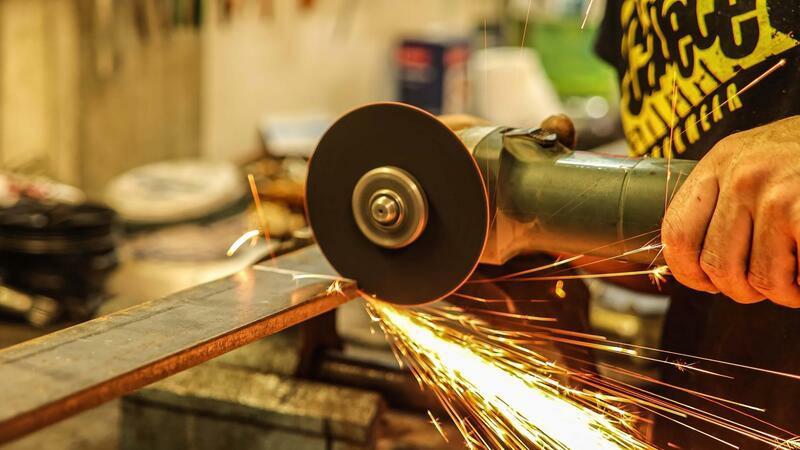


 349,500 Offered Certificates
349,500 Offered Certificates
 24/7 Online Training
24/7 Online Training
 Money Back Guarantee
Money Back Guarantee
 Fully Accredited Courses
Fully Accredited Courses

Created at: 22-02-2025 23:07
Abrasive wheels are essential tools widely utilized in various industries, helping in tasks such as cutting, grinding, and polishing. Understanding what abrasive wheels are and following the right safety protocols is crucial for anyone working with these tools.
Abrasive wheels are circular tools consisting of abrasive particles bonded together, used in machines like bench grinders, angle grinders, and collated systems. They find applications in construction, metalworking, woodworking, and manufacturing. Their primary function is to remove material from surfaces to achieve desired shapes and finishes.
While abrasive wheels are incredibly useful, they also present numerous hazards when not handled correctly. Understanding these risks can significantly enhance safety.
Proper training and certification in handling abrasive wheels are essential. The benefits of training include:
If you're located in cities like Dublin, Cork, Galway, Limerick, and Waterford, various certified courses are available:
Irish workplace safety regulations mandate specific training and certification for workers handling abrasive wheels. Compliance not only ensures workplace safety but also protects businesses from legal repercussions.
Here are some best practices for working safely with abrasive wheels:
Understanding abrasive wheels, their applications, risks, and necessary training is vital for ensuring workplace safety. If you're in Dublin, Cork, Galway, Limerick, or Waterford, take the next step and enroll in a Certified Abrasive Wheels Training course to enhance your skills and safety practices. For inquiries, you can contact us at [email protected].